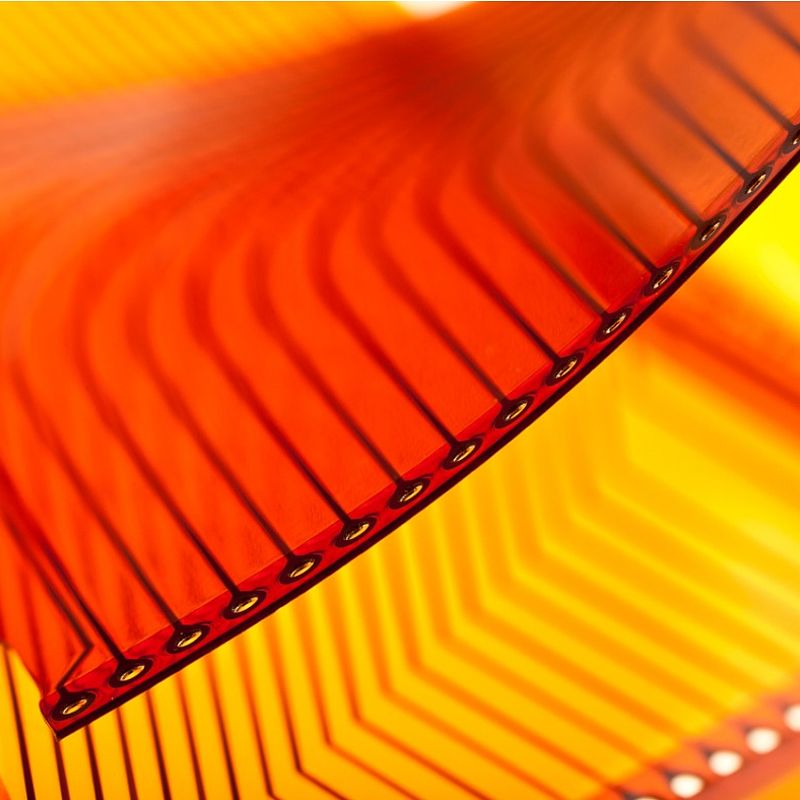
High-performance thin film technologies
Challenge
Barrier layers, used to increase the lifetime of sensitive thin-film products, are currently manufactured in ultra-clean rooms to avoid introducing defects through which water can permeate. These facilities are expensive to maintain, contributing to around 40% of total production costs. To assess the suitability of alternative, more cost-effective production techniques, measurement facilities are needed which can reliably characterise the performance of barrier layers and determine whether they provide adequate protection for the products.
However, for advanced applications, barrier layers must be capable of protecting the encapsulated product from extremely small amounts of water vapour. For example, organic LEDs used in phones and televisions need barriers capable of preventing the ingress of even a few micrograms per square metre per day – roughly equivalent to one drop across an area the size of a football pitch over a month – if they are to achieve acceptable product lifetimes. Current measurement techniques cannot detect the transmission of such small amounts of water vapour through films.
Solution
The EMRP project Metrology for the manufacturing of thin films has developed a new facility which allows users to measure the water vapour transmission rate through barrier layers accurately and traceably at the low levels required by industry. The facility and associated measurement method was validated in an international comparison exercise, organised in collaboration with the Organic Electronics Association, and applied to commercial barrier layers to provide vital information about the effect of manufacturing conditions on barrier layer quality.
Impact
One of the first users to benefit from the new facility was Plasma Quest, a developer of thin film materials and deposition technology for customers in the electronics industry. Plasma Quest used the facility to test barrier layers made using different production techniques and successfully demonstrated a new technique which enables high-volume production of barrier layers whose performance is unhampered by any dust in the production environment.
The ability to create effective barrier layers without the expense of maintaining clean room conditions will significantly reduce manufacturing costs without any reduction in product performance. Plasma Quest has already received enquiries from several manufacturers of mobile phone screens looking to upscale the new technique.
Plasma Quest is just one of the early adopters of the new facility established by the project. The precise characterisation of barrier layer performance it enables will support the development of durable thin film devices, leading to significant cost savings for industry, reducing product prices and opening new markets.
- Category
- EMRP,
- Industry,
